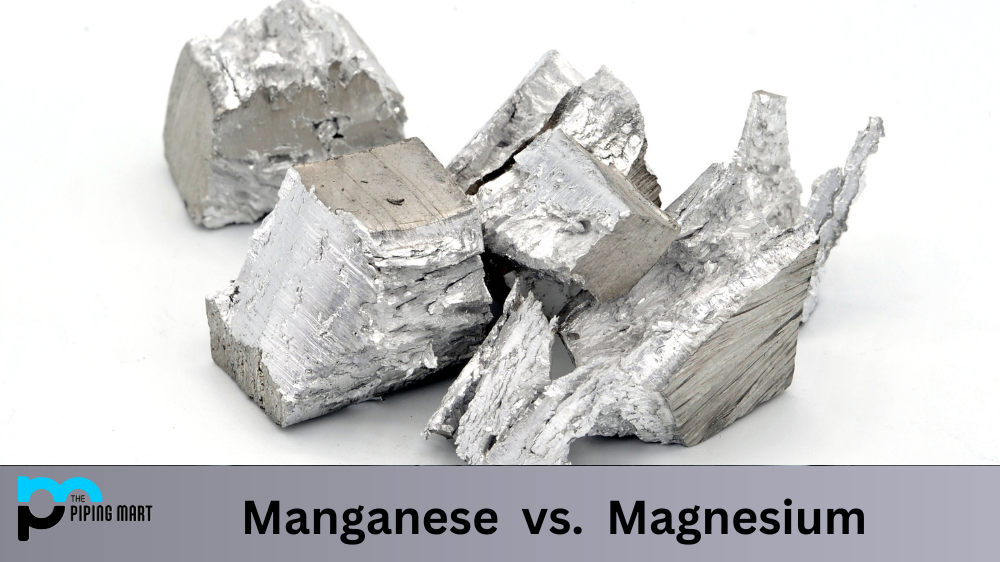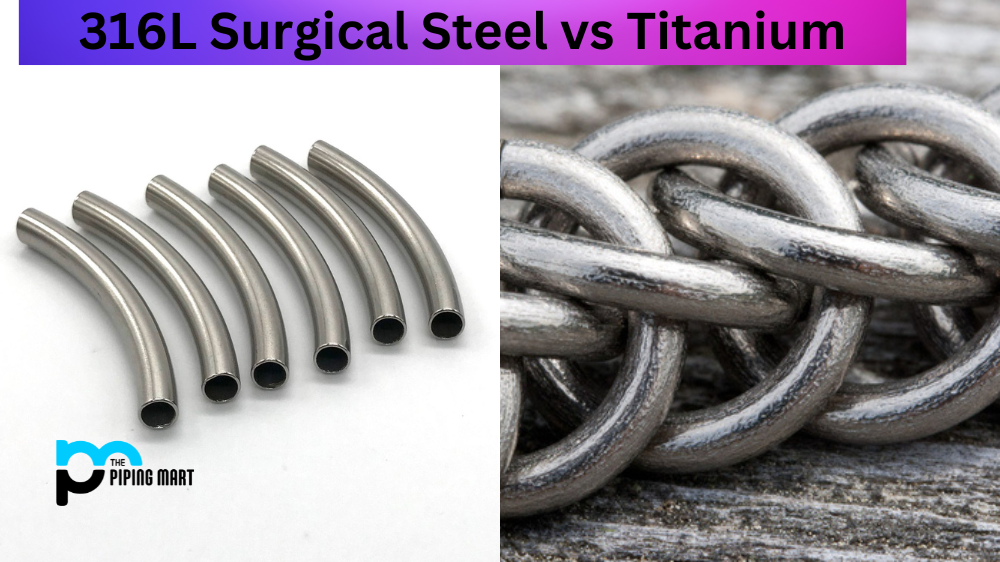Manganese and magnesium are both essential minerals that play a key role in keeping the body healthy. They both have important bodily functions, but there are also many differences between them. Knowing more about these two minerals can help you understand how they work together to keep your body functioning properly.
What is Manganese?
Manganese is a chemical element with the symbol Mn and atomic number 25. It is found as a free element in nature and is often found in minerals such as pyrolusite, rhodochrosite, and to a lesser extent, limonite. It is a hard, brittle, gray–white metal that is used in steel production and other industrial applications.
Manganese is an essential mineral found in a variety of foods. It helps to form strong bones and keeps muscles strong. It also helps with wound healing, proper brain development, and absorption of other vitamins and minerals like calcium and iron. Most people get enough manganese from their diet, but some people may need to supplement it if they’re deficient.
What is Magnesium?
Magnesium is a chemical element with the symbol Mg and atomic number 12. It is found as a free element in nature, and is often found in minerals such as dolomite, magnesite, and brucite. It is a silvery–white metal that is used in many industrial applications, including the production of aluminum alloys and other metals.
Magnesium is another essential mineral that’s found in various foods, including spinach, nuts, seeds, legumes, avocados, and bananas. Magnesium is important in maintaining blood pressure levels and regulating muscle contractions. It helps the body produce energy from food and supports proper nerve function as well as immune system health. Low magnesium levels can lead to fatigue, headaches, nausea, muscle cramps, depression, anxiety, insomnia, constipation, and other health issues.
Manganese vs Magnesium
The main difference between manganese and magnesium is that manganese is a hard, brittle metal used in steel production while magnesium is a silvery–white metal used in many industrial applications.
The biggest difference between manganese and magnesium is their roles in the body; manganese is involved in bone formation, while magnesium helps regulate muscle contractions, among other things. Additionally, manganese can be found in various foods, while magnesium tends to be found mostly in plant-based foods like nuts and legumes. The recommended daily intake for manganese is 2-5 milligrams, while for magnesium, it’s 300-400 milligrams per day, depending on gender/age/etc. Lastly, low levels of manganese can lead to weak bones, while low magnesium levels can lead to fatigue or headaches, among other health issues.
Conclusion:
Manganese and magnesium are both essential minerals that play an important role in keeping the body healthy. While they share many similarities — such as being found in various foods — there are also important differences between them, such as their roles in the body (manganese forms strong bones whereas magnesium helps regulate muscle contractions) as well as their recommended daily intakes (2-5 milligrams for manganese compared to 300-400 milligrams for magnesium). Understanding these differences will help you ensure you get enough of each mineral for optimal health!

Meet Bhavesh, a seasoned blogger with a wealth of knowledge and experience. From metal products manufacturing to retail, Bhavesh has a diverse background in various industries and is dedicated to sharing his insights and expertise with readers.




